Applying for a personal loan can be worrisome. You are essentially subjecting yourself to scrutiny. Someone is going to look at you and your finances and judge everything you’ve ever done. They will judge your past decisions, assess your creditworthiness, and then approve or reject you. The entire process of getting documents together, applying for a loan, and waiting for approval can open yourself up to intense anxiety. It’s like a first date!
However, if you prepare in advance and know what things banks are looking for, you have a better chance of getting the go-ahead on your very needed personal loan. This is especially important because personal loans are not secured by collateral, unlike a mortgage or car loan. Here are 6 things that banks look for in an attractive applicant.

Chinnapong/shutterstock.com
1. Credit Score
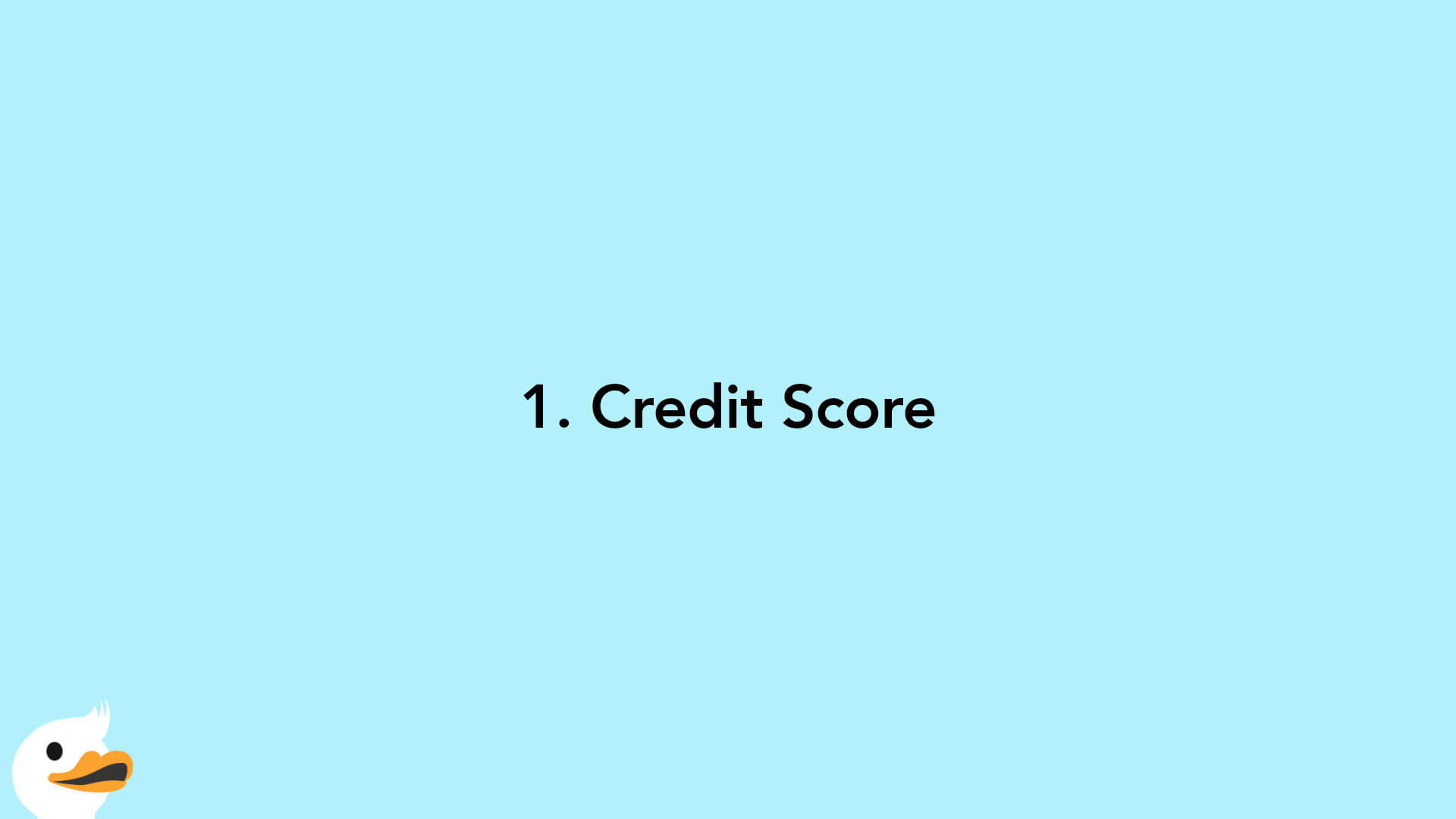
Your bank wants the most trustworthy and responsible borrower. They want to know that they will get their money back, plus interest. Remember, this is a business and the lender wants to make their profit. This only happens if you diligently make your monthly payments. As a result, the bank will absolutely check your credit score. This score is a grade that evaluates your credit repayment capability. It is a 4-digit number that ranges from 1000 to 2000 and converts to a risk grade that ranges from HH to AA, with AA being the best grade possible. You can request your own report from the Credit Bureau (Singapore) Pte Ltd (CBS).
Prior to taking out a loan, take a look at your credit report. Check for and address any errors that you may have. Any delinquencies or missed payments will impact your score. If you are feeling especially ambitious, you can ask for a credit limit increase on your credit cards and pay off your credit card bill right before you head to the bank. This will lower your credit utilization ratio. This ratio calculates the amount of credit you are using against your credit limit. The lower your credit utilization, the higher your credit score, the more attractive you become as a borrower.
2. Employment History
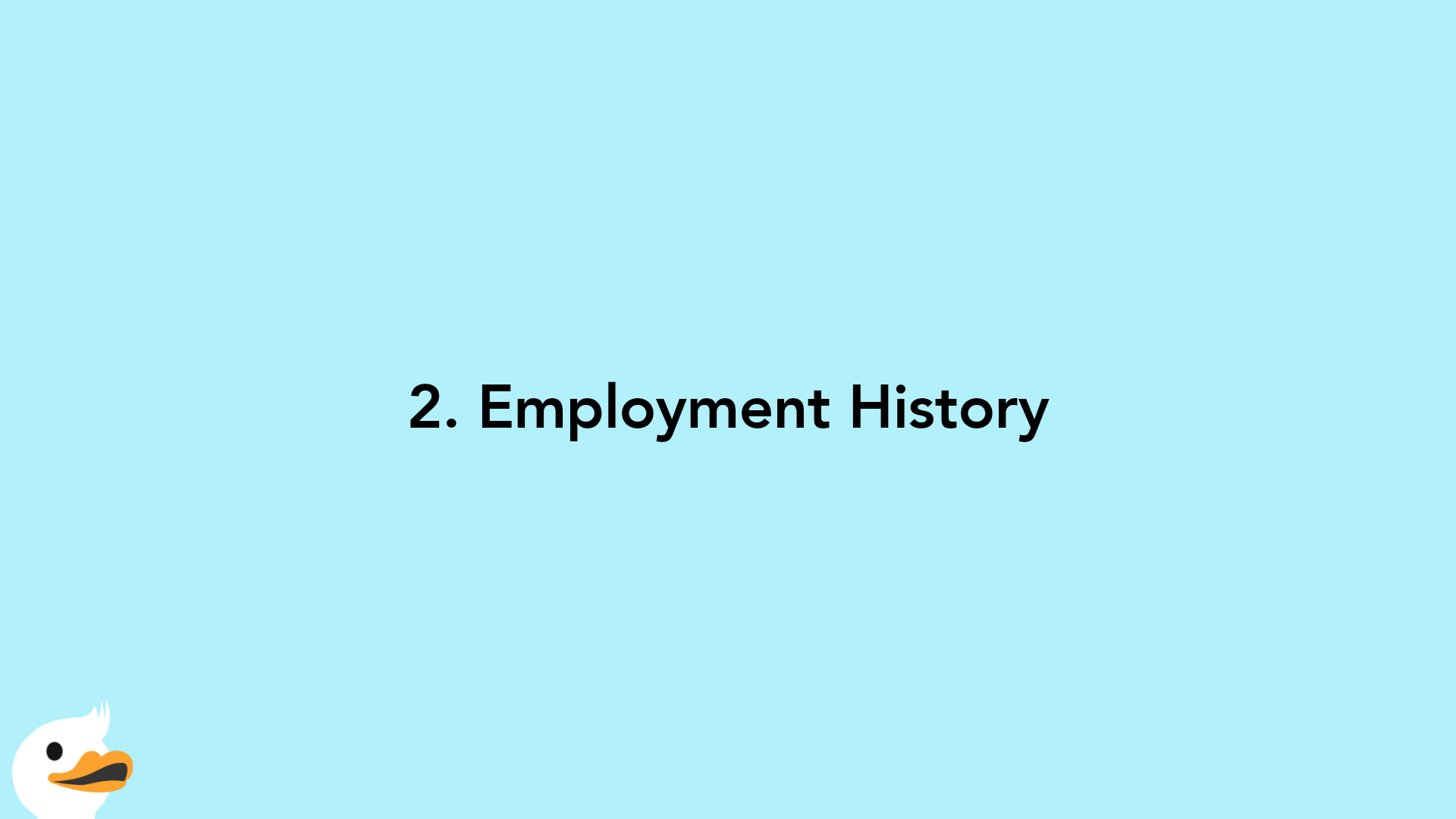
Lenders want a stable borrower with a steady paycheck. Those who change jobs or careers frequently or have just started a new job are seen as higher risk borrowers. The same can be said for commission-based employees and those who are self-employed. The ideal borrower is a salaried employee who has been at the same job for a long period of time, ideally longer than 3 months. Commission-based employees and self-employed persons have a more difficult time getting loan approvals. You will need to provide documents, such as your latest Tax Notice of Assessment, to establish a history of reliable income. Most banks will require commission earners to provide their latest three months’ payslips and their latest Income Tax Notice of Assessment, or, their latest 6 months' Central Provident Fund contribution history statements. Self-employed applicants must provide a copy of their latest income tax notice of assessment and have been in business for a minimum of two years.
3. Debt-to-Income Ratio
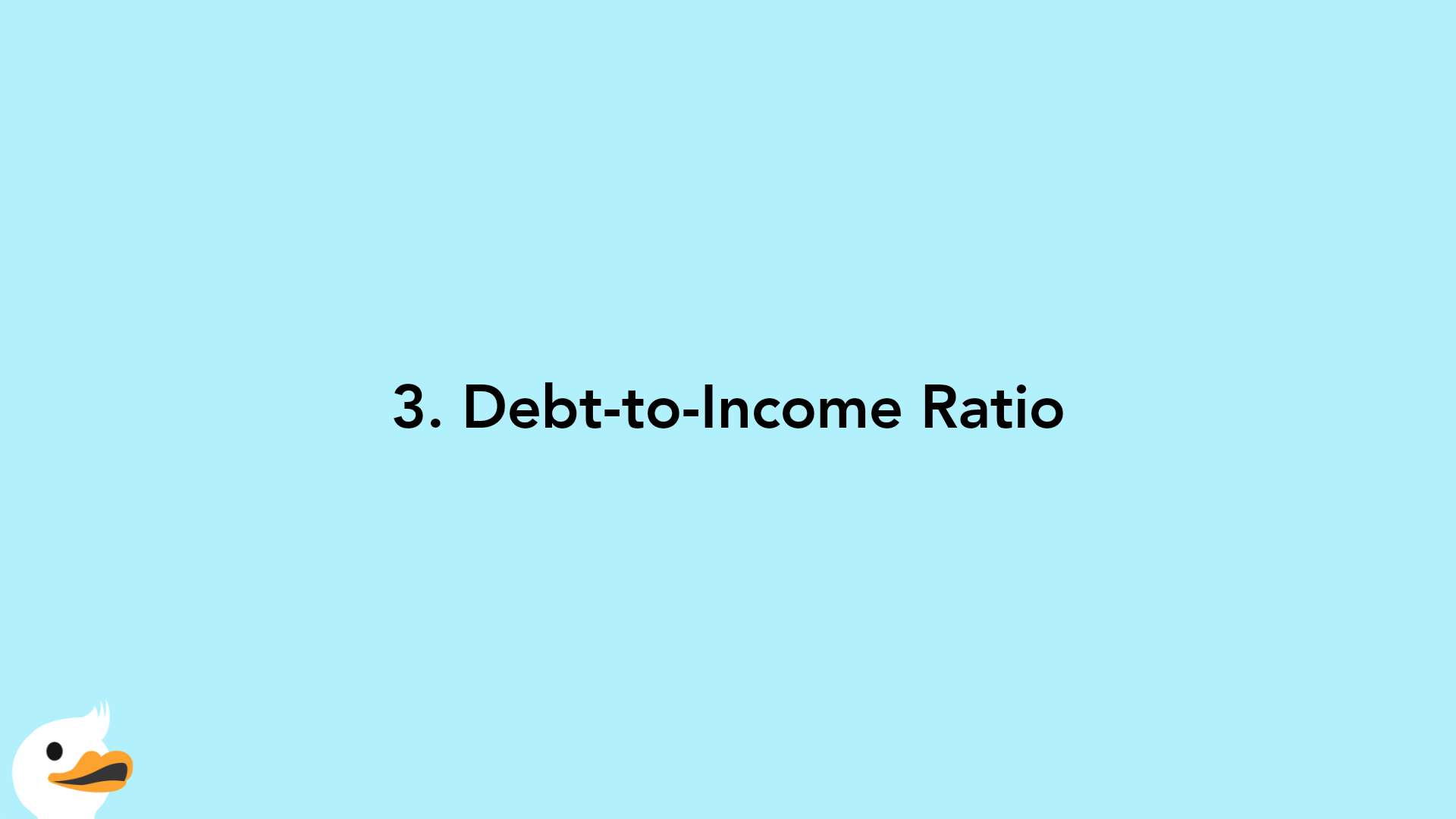
Besides simply having a job, lenders will evaluate how you spend your money. They analyze your debt-to-income ratio or your Total Debt Servicing Ratio (TDSR). This ratio or percentage is your monthly debt, including other loans and credit card debt, divided by your monthly gross income or pre-tax income. The official regulation dictates that you cannot use more than 60% of your income to repay loans. The lower your ratio, the more likely your personal loan will be approved. Banks do not want to see too much of your monthly income already accounted for by other debt. This would increase the likelihood that you will miss their payment. How conservative they are with how your TDSR impacts your loan approval will vary by each bank. Of course, you would also need to meet an income threshold proportionate to your requested loan amount. If the lender feels that you cannot afford the loan, they may not approve the loan in its entirety.
4. Proper Documentation
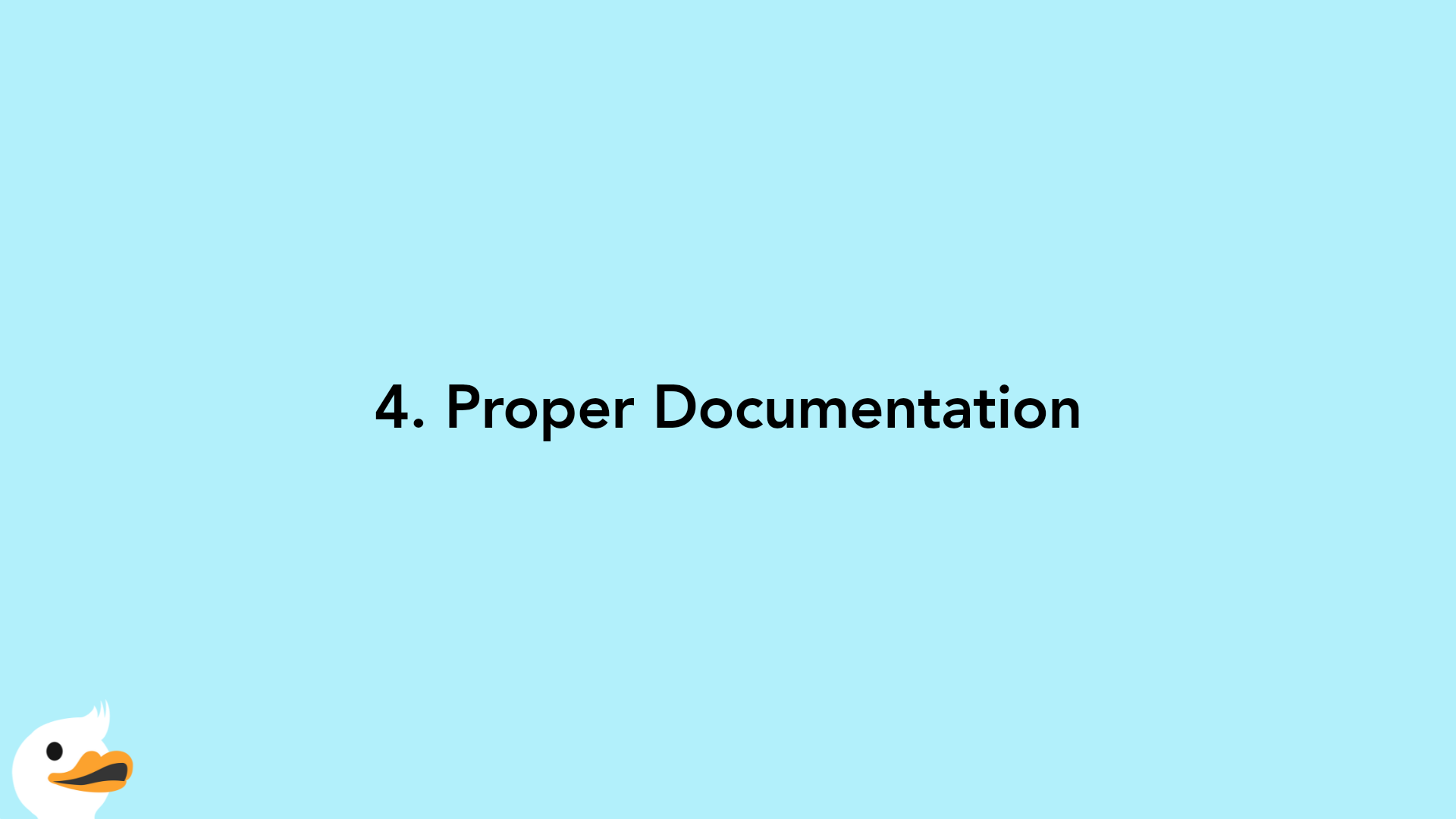
Not having the necessary documents for your loan application can significantly delay your loan approval or simply be cause for loan denial. Make a checklist of all the documents you will need to secure for the application. Be sure to allow sufficient time to gather these documents from their sources, such as from your employer and your financial tax accountant. You will likely need copies proving your age and identity, such as your Singapore National Registration Identification Card or NRIC, passport, and employment pass. Your proof of residence can be found on recent utility bills or your apartment lease agreement. Make sure your name and address are on them. Depending on your employment situation, you may need your most recent 12 months of Central Provident Fund contribution history statements, your latest Income Tax Notice of Assessment, and/or your most recent computerized payslips. Each bank has different criteria for their loan application. Be sure to allow adequate time to gather all necessary documents before applying for your loan.
5. Equated Monthly Installment and Purpose of Loan
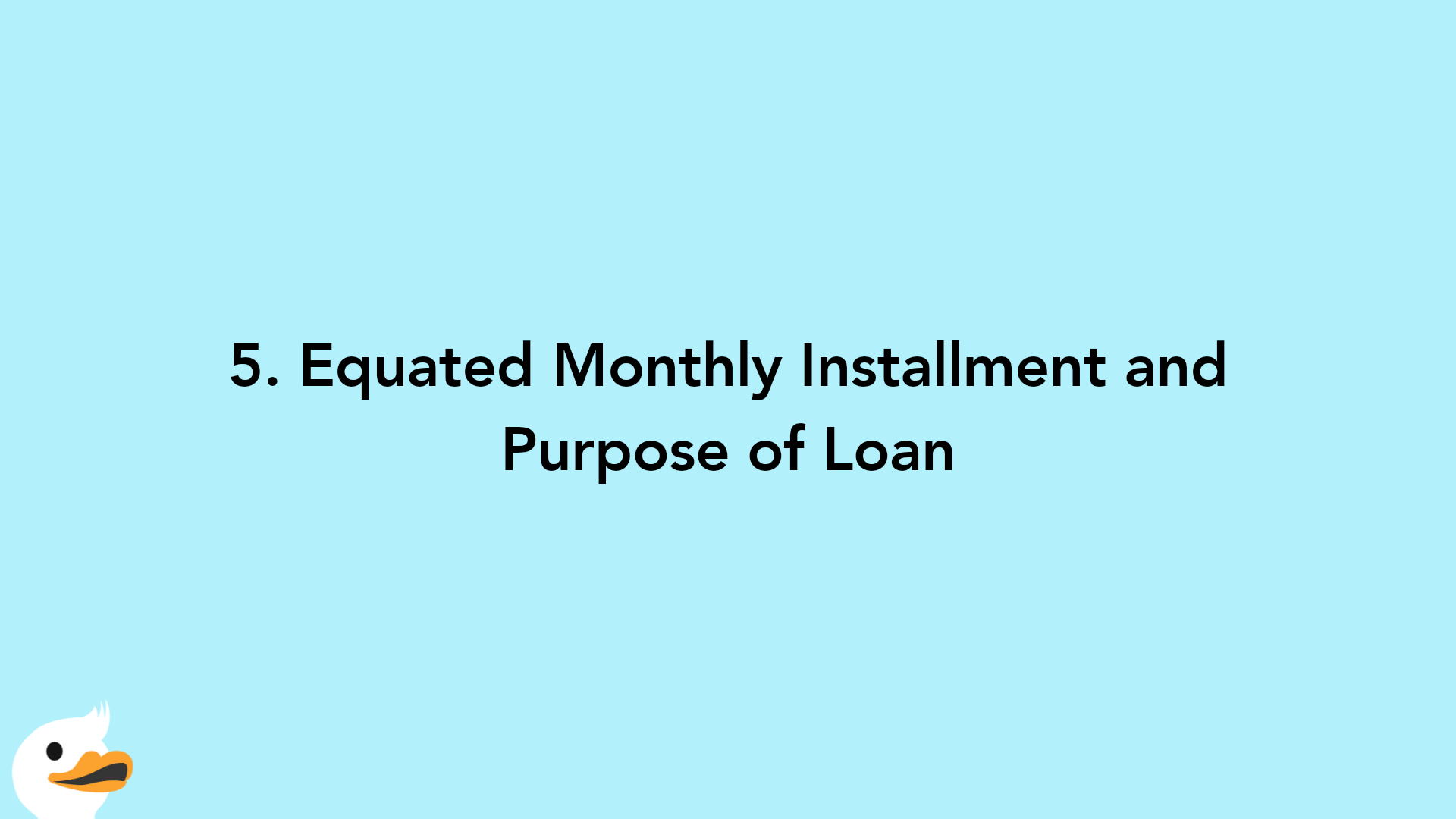
Of course, prior to applying for the loan, you likely used a loan calculator to estimate your monthly installment. The purpose of this exercise was to make sure that you could actually afford the monthly installment. Your Equated Monthly Income or EMI depends on the interest rate and length of the loan. Feel free to provide a breakdown of your monthly budget and expenses. Your lender will likely ask you how much you can afford to pay back each month and how long you want the loan to be. They may also ask you specifically, how you anticipate spending the funds, in other words, the purpose of the loan. Be sure to have clear answers to these questions. Banks like to see that you have prepared well and did not decide to take out a loan on a whim.
6. Number of Other Loan Applications
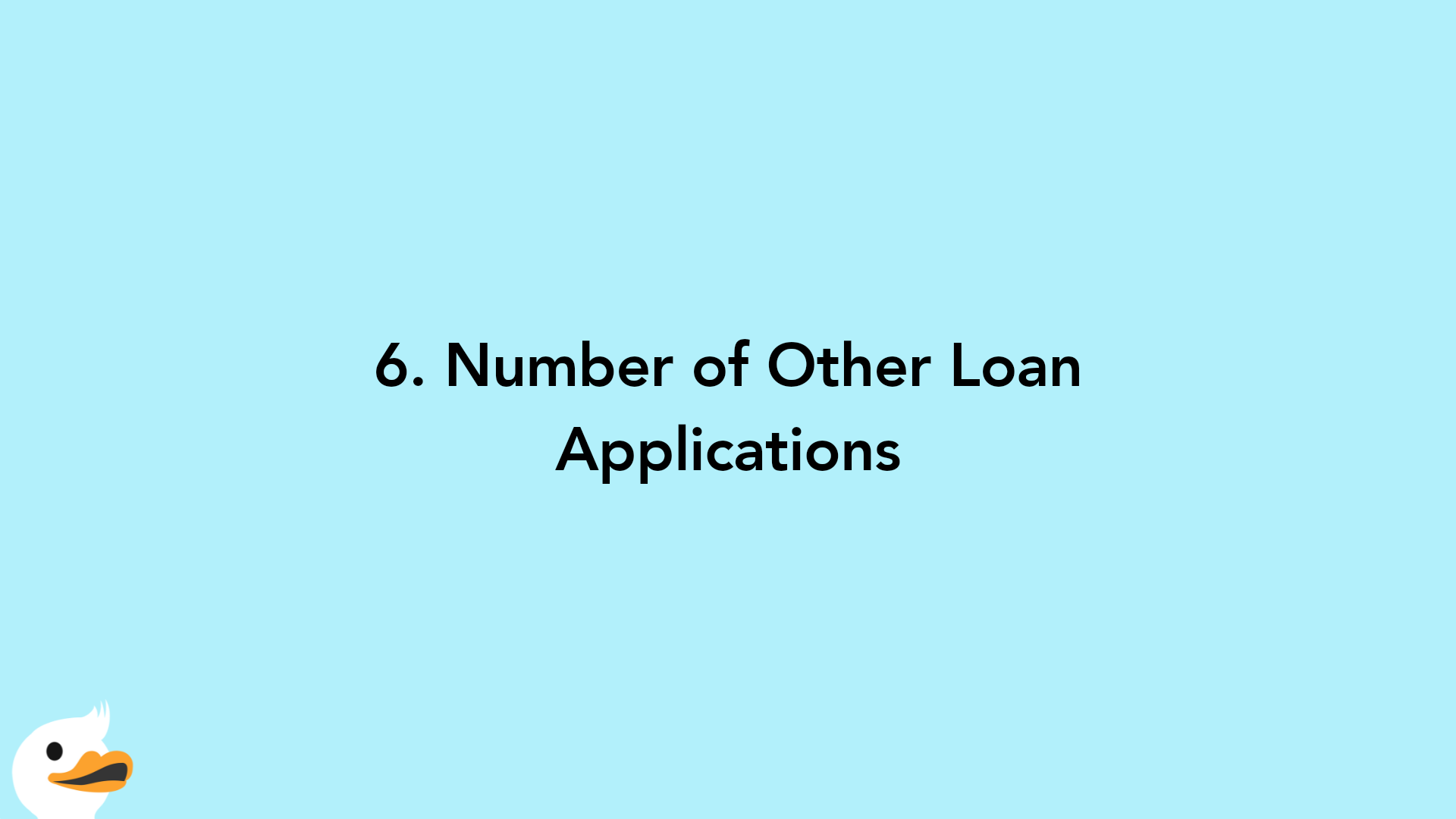
It is only reasonable to shop around to get the best loan package with the lowest interest rate. However, each time you approach a lender for a quote, the lender will make an inquiry into your credit report. Each inquiry lowers your credit score and is visible to other prospective lenders. As a result, if you have too many loan inquiries or loan applications, the bank may be hesitant to lend to you because it seems that nobody else wants to lend to you.
Final Thoughts

There are several factors that go into a bank’s approval process. By knowing them, you can make yourself the most attractive borrower around. The right documentation and credit profile market yourself as a responsible and serious applicant who is on top of their finances and will reliably pay back what they owe. Remember, taking out a loan is not a decision to be made on a whim. Used properly, a personal loan can be very useful and even lead to greater financial opportunities. However, it requires careful consideration and proper preparation to get approved. Very similar to a first date, it may be nerve-racking at first. But with proper preparation, you'll be able to make a great first impression and get the proper approval.




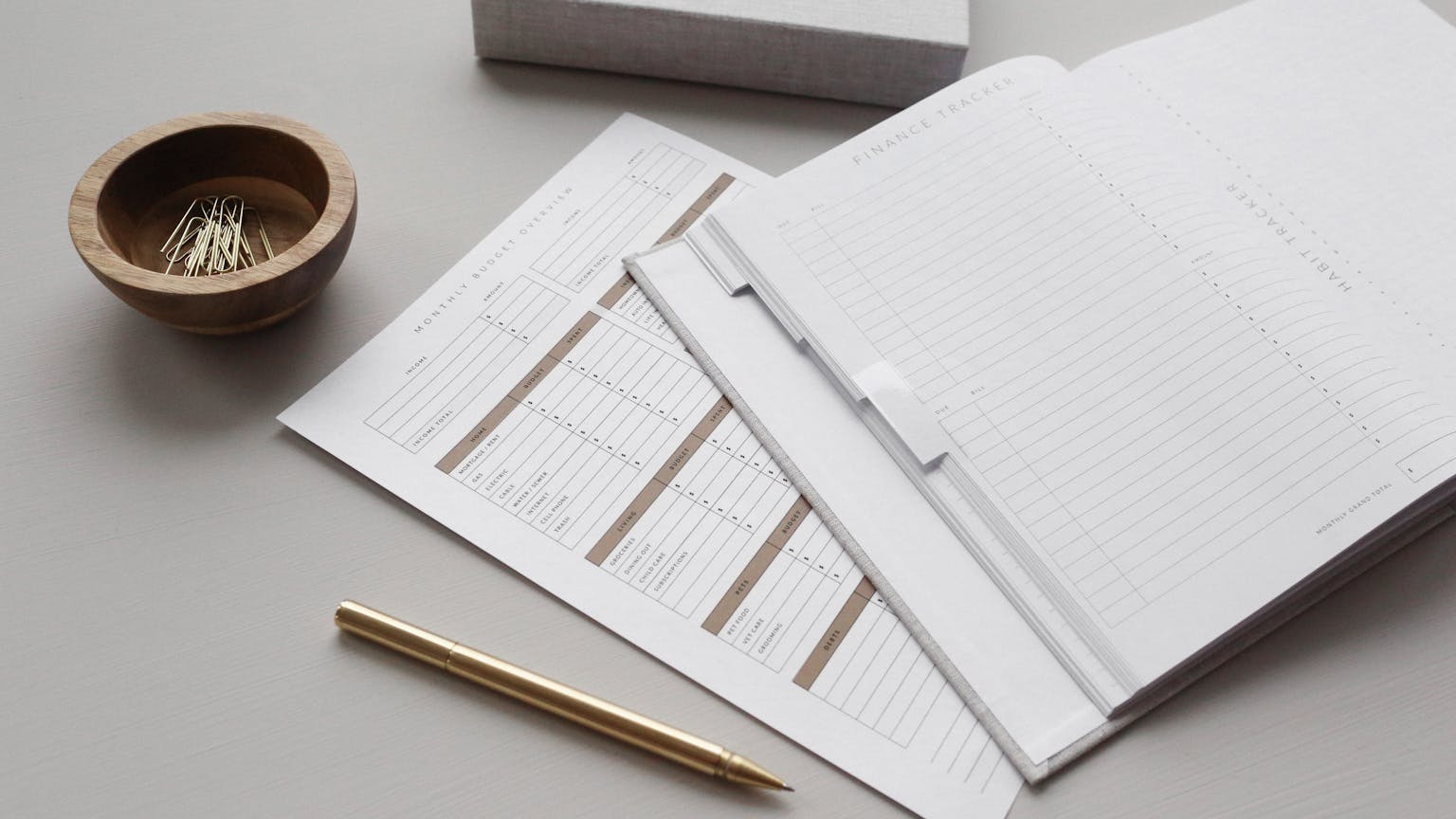



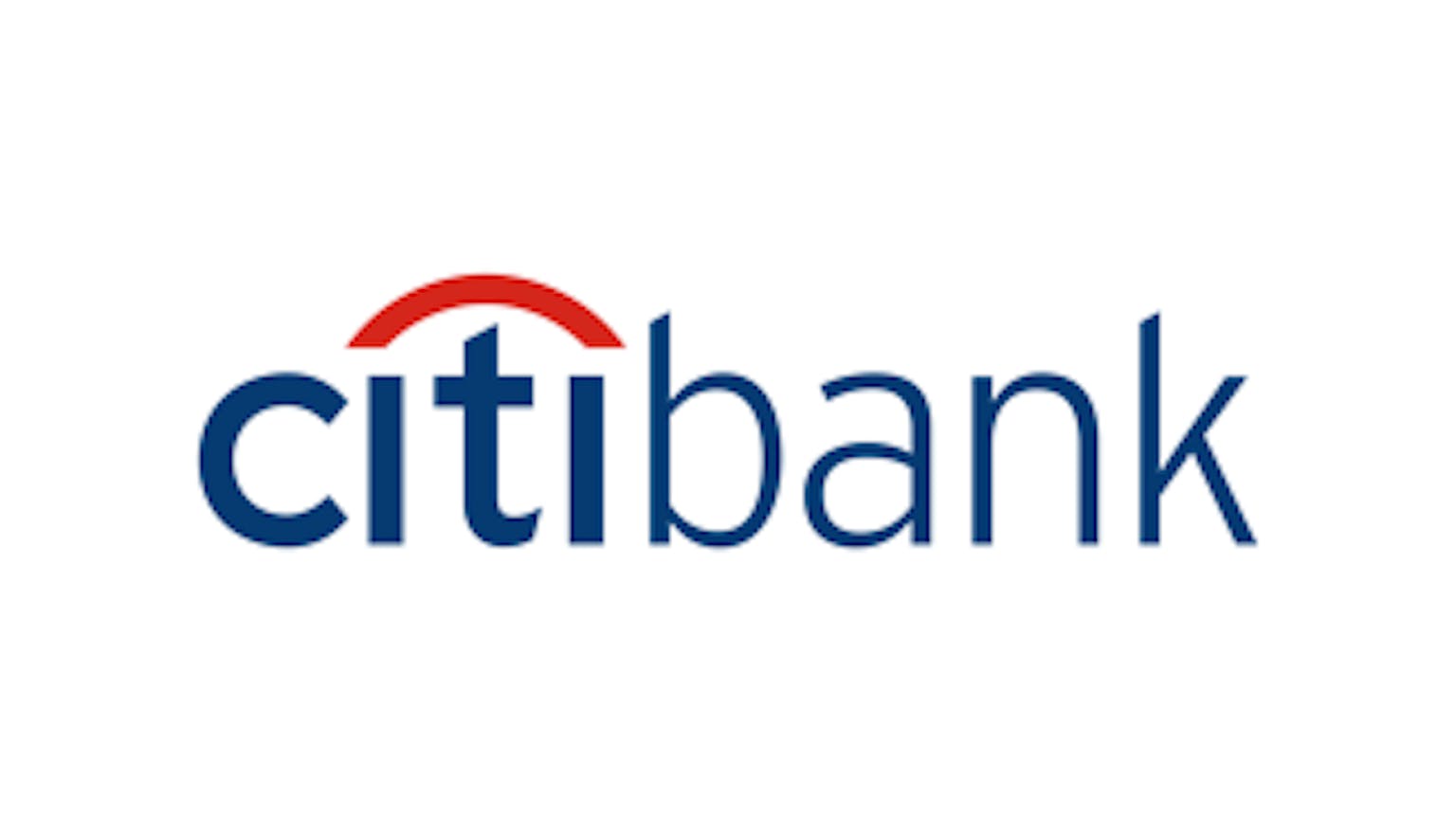

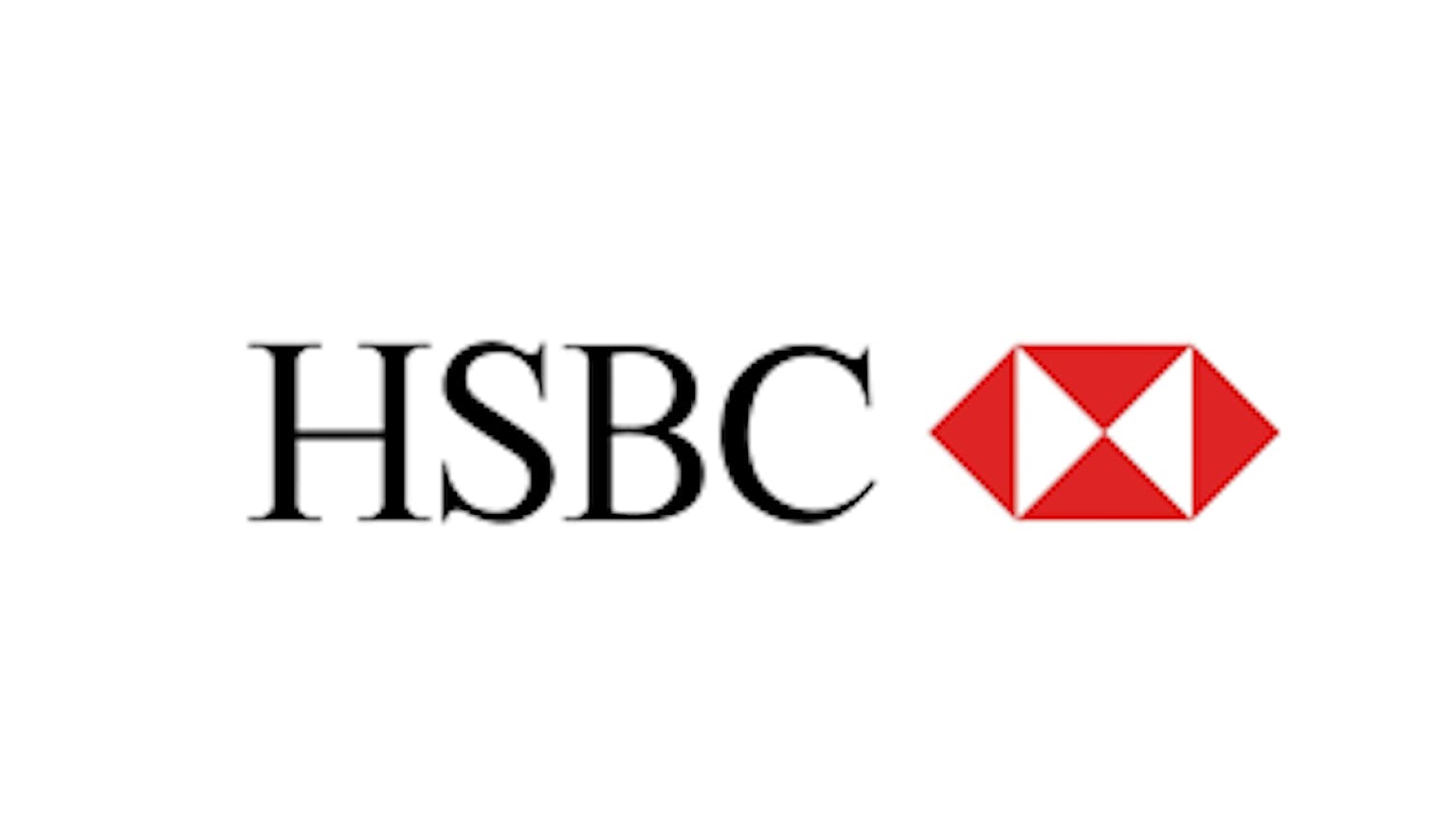

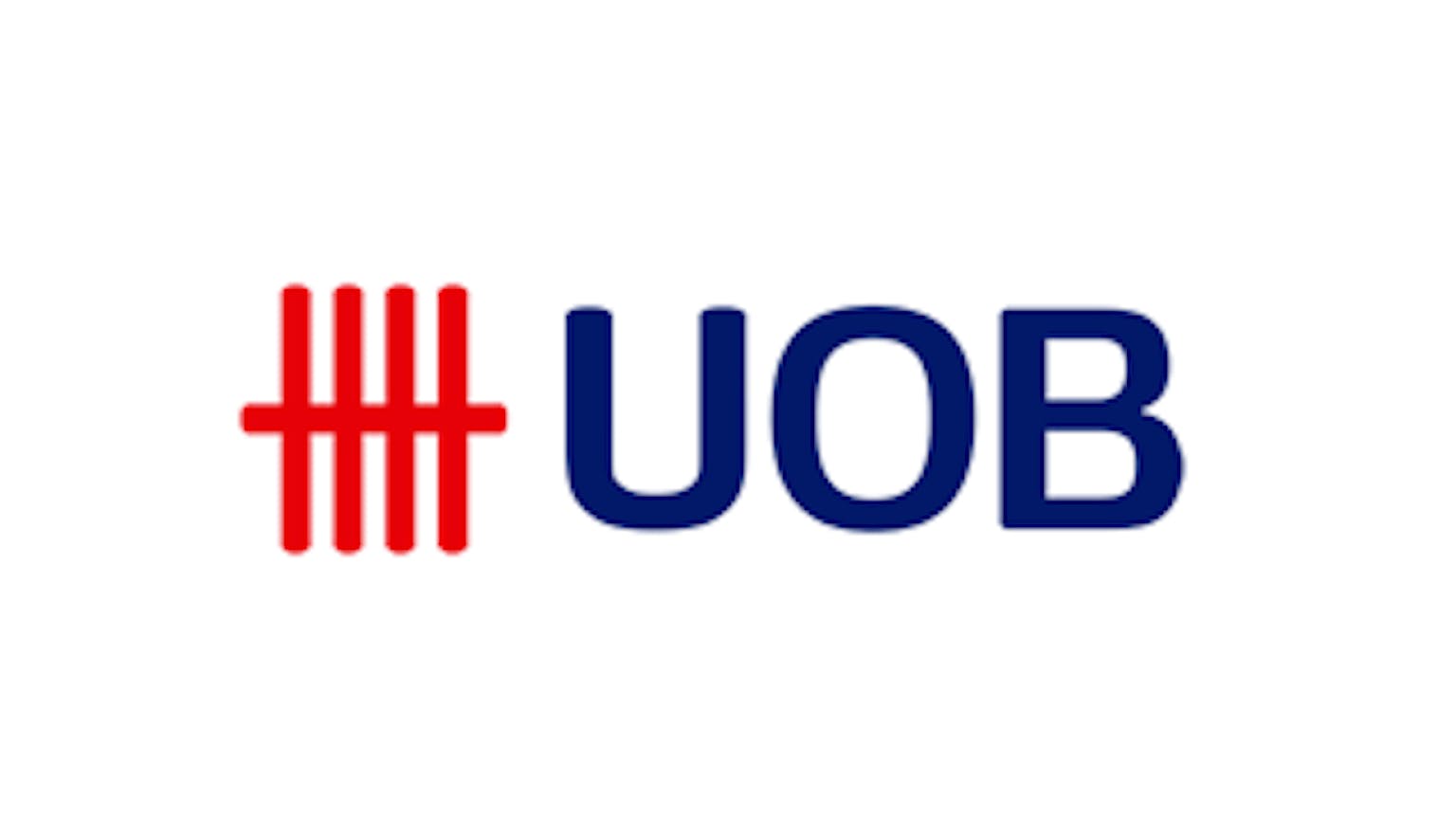

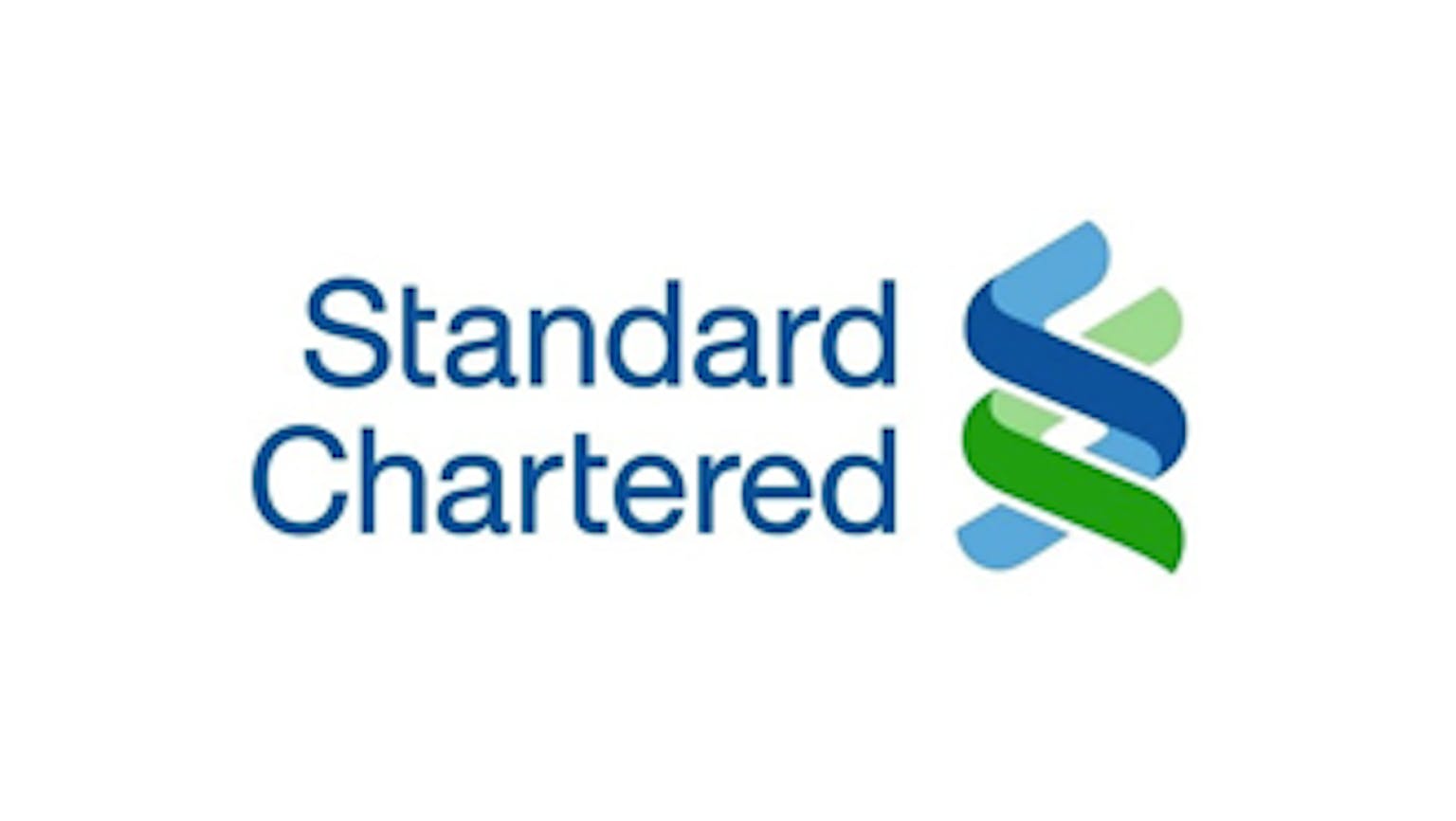
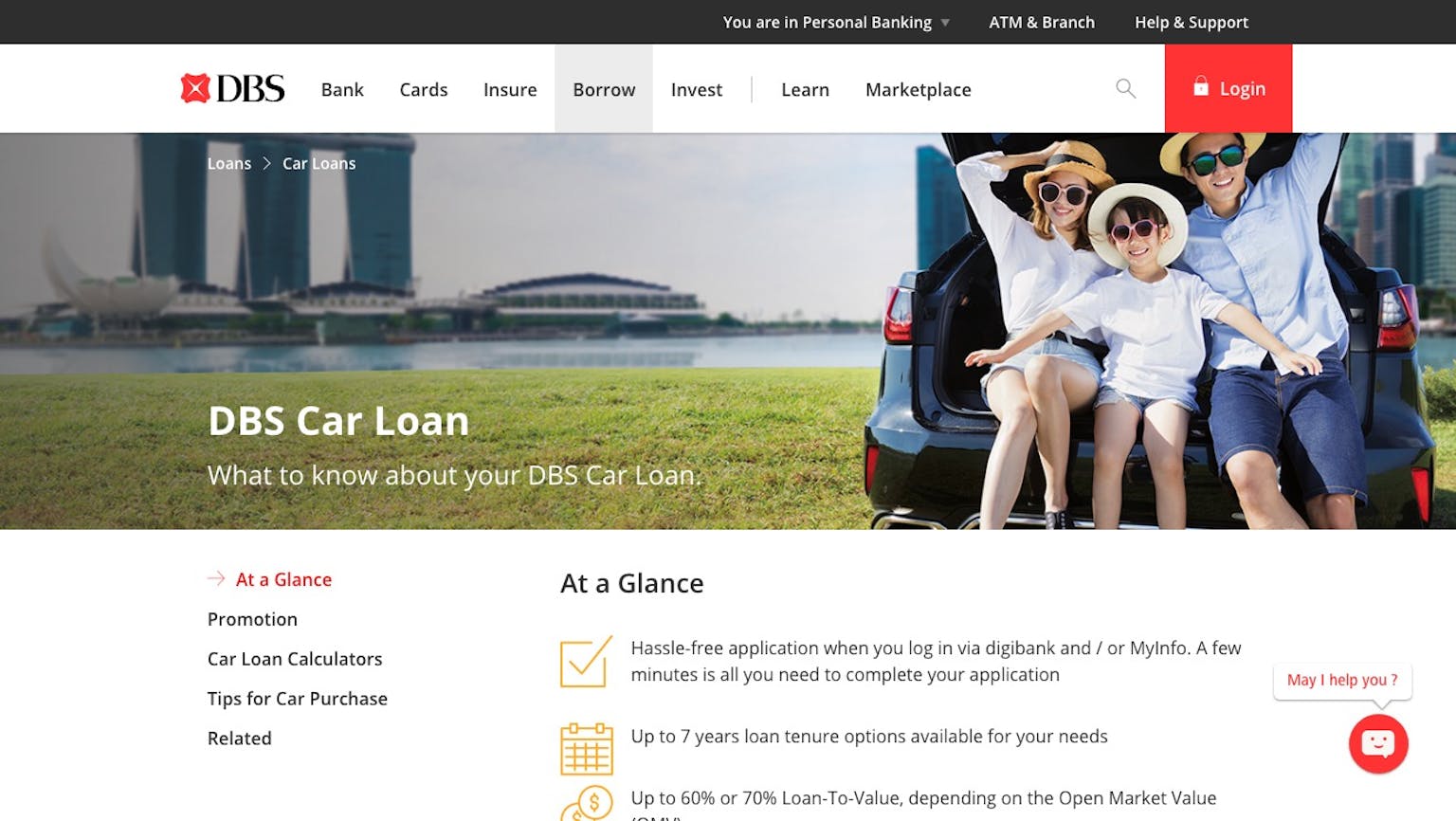
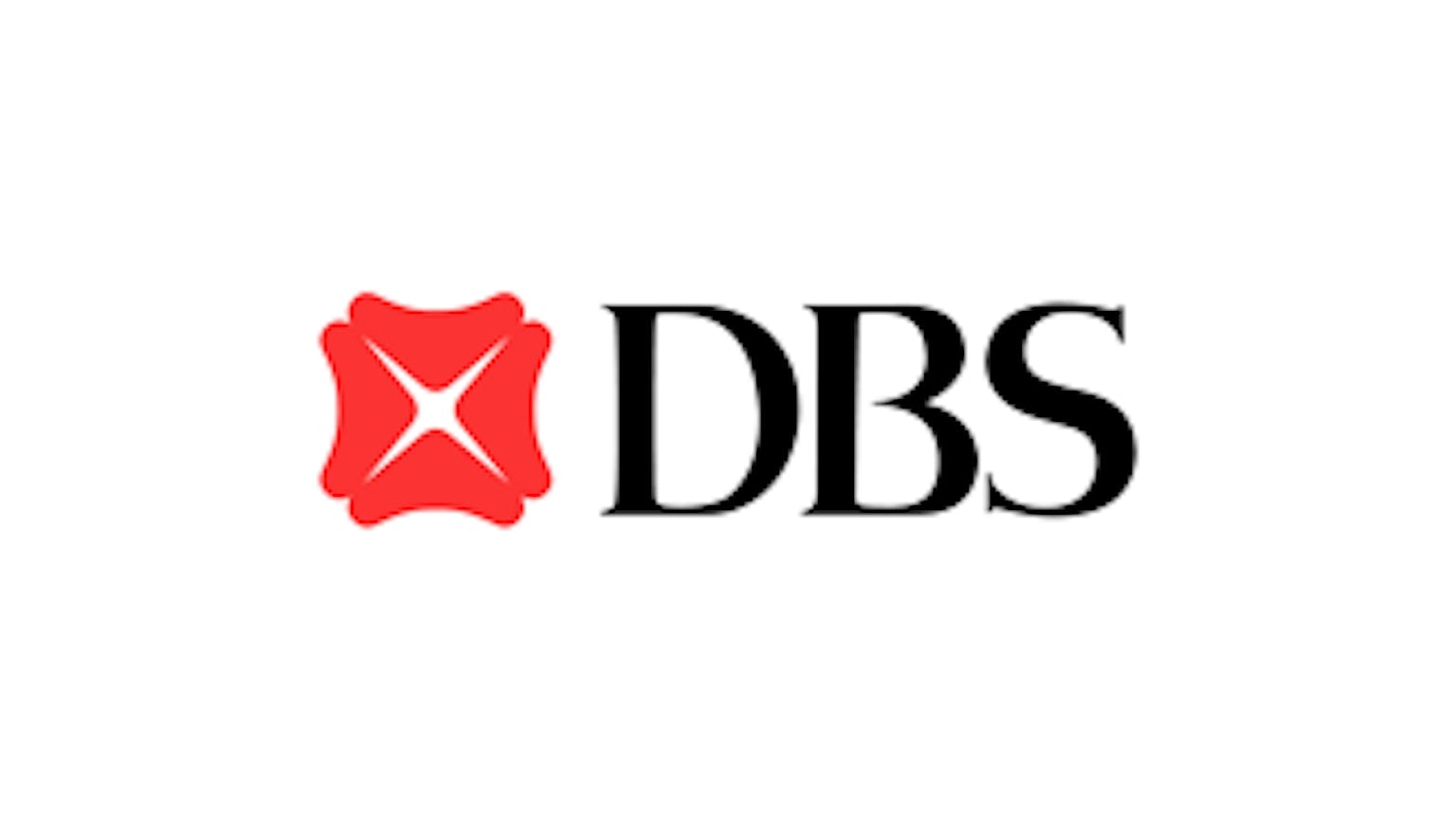
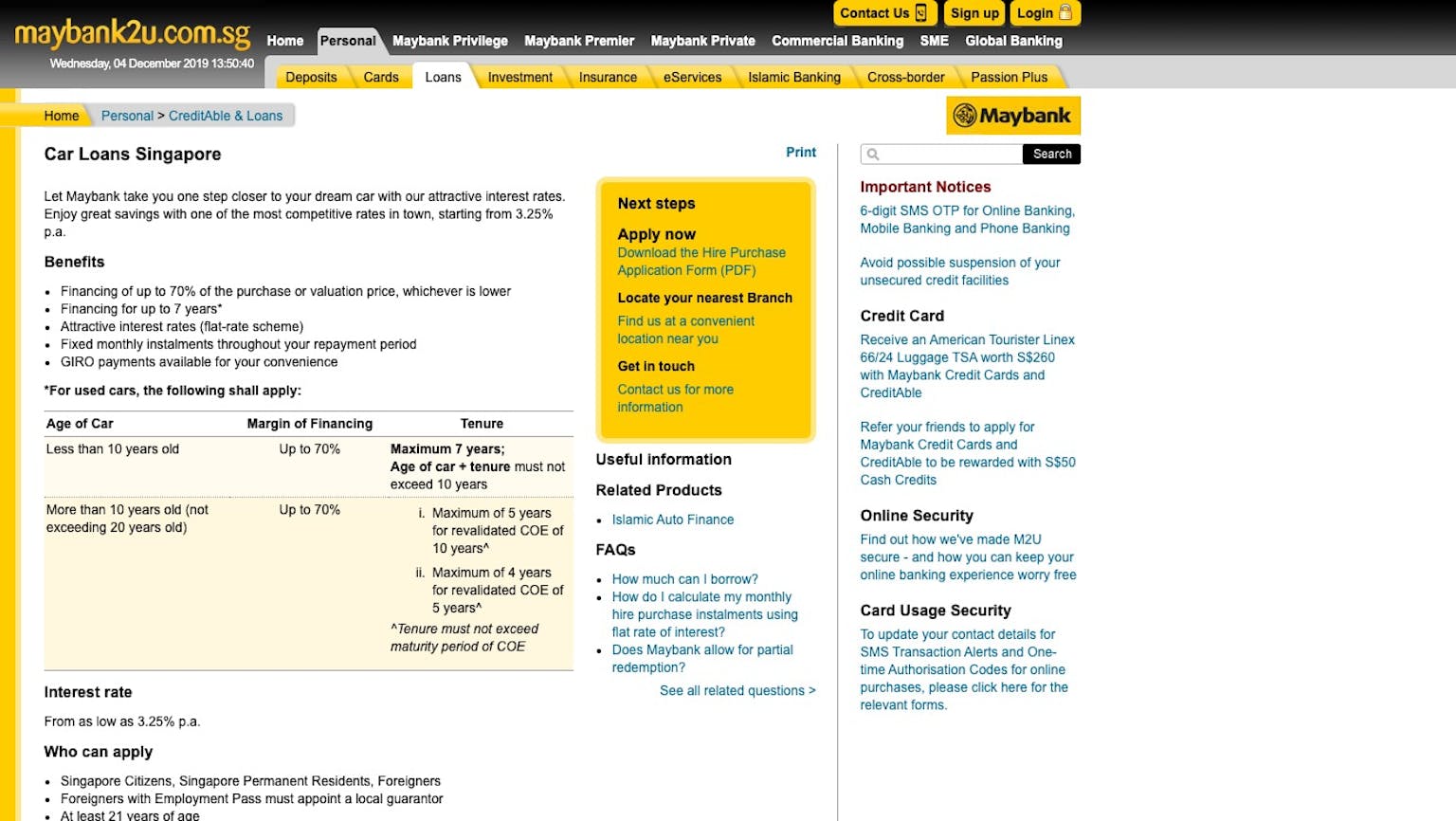
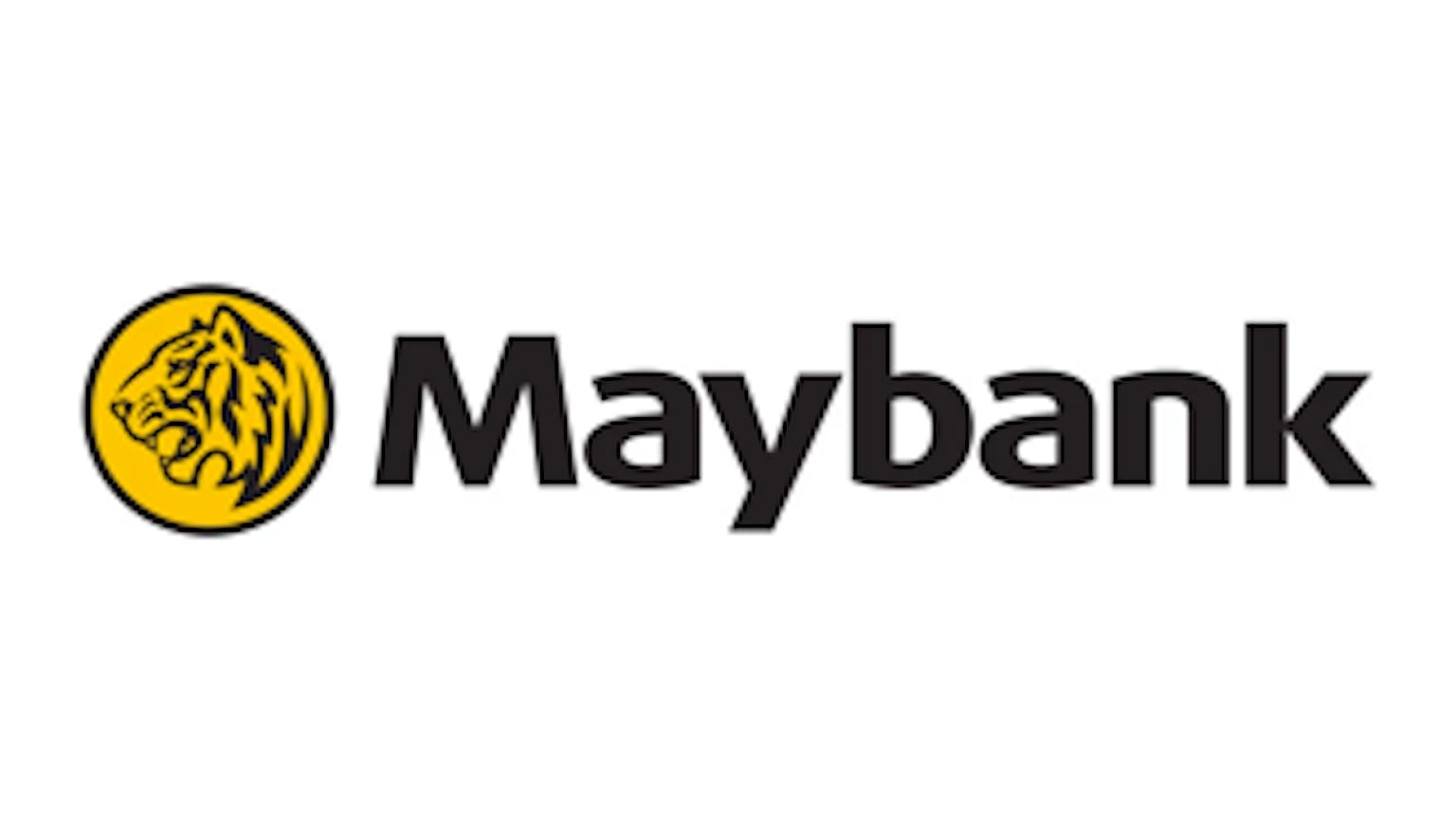

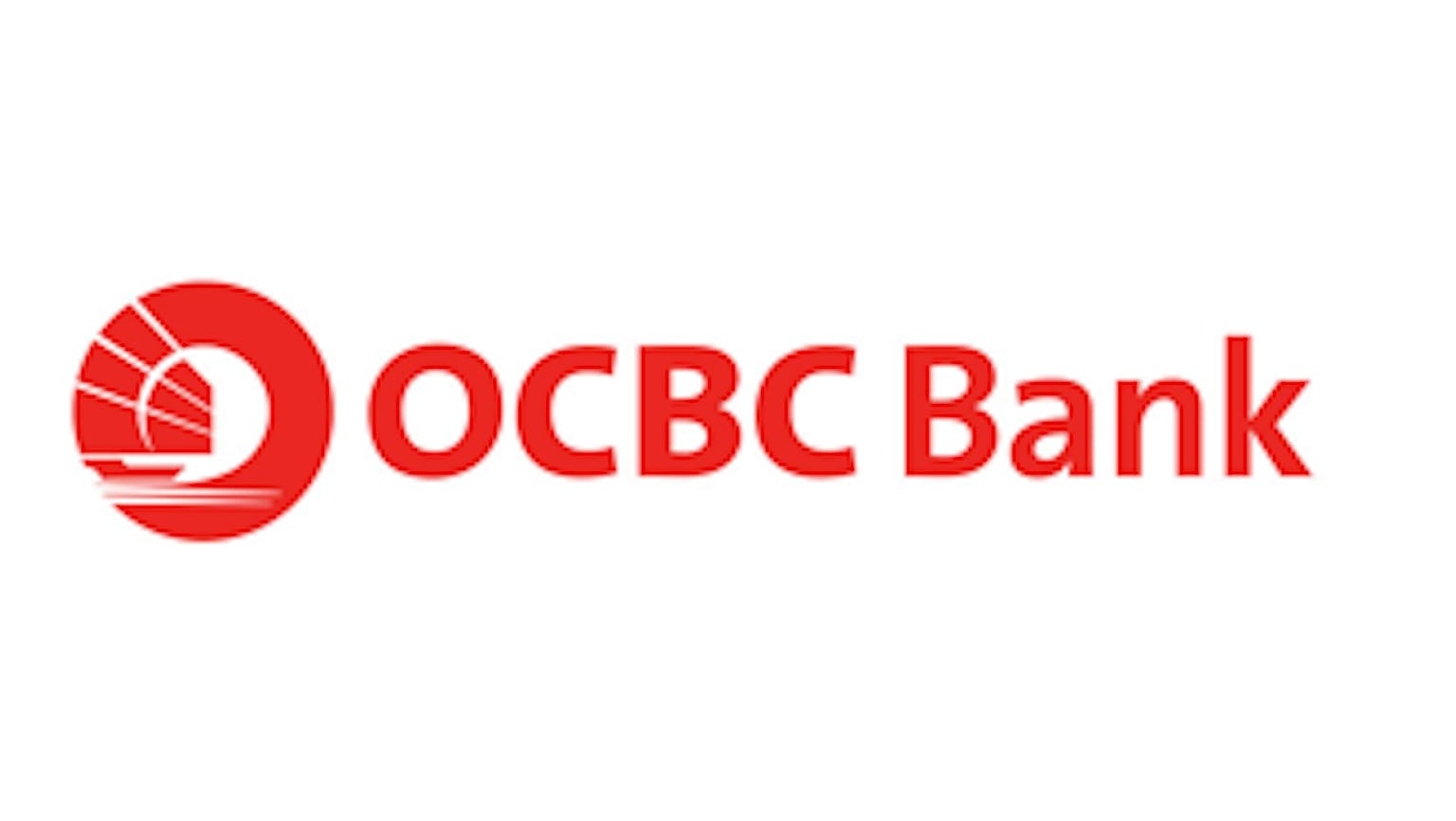
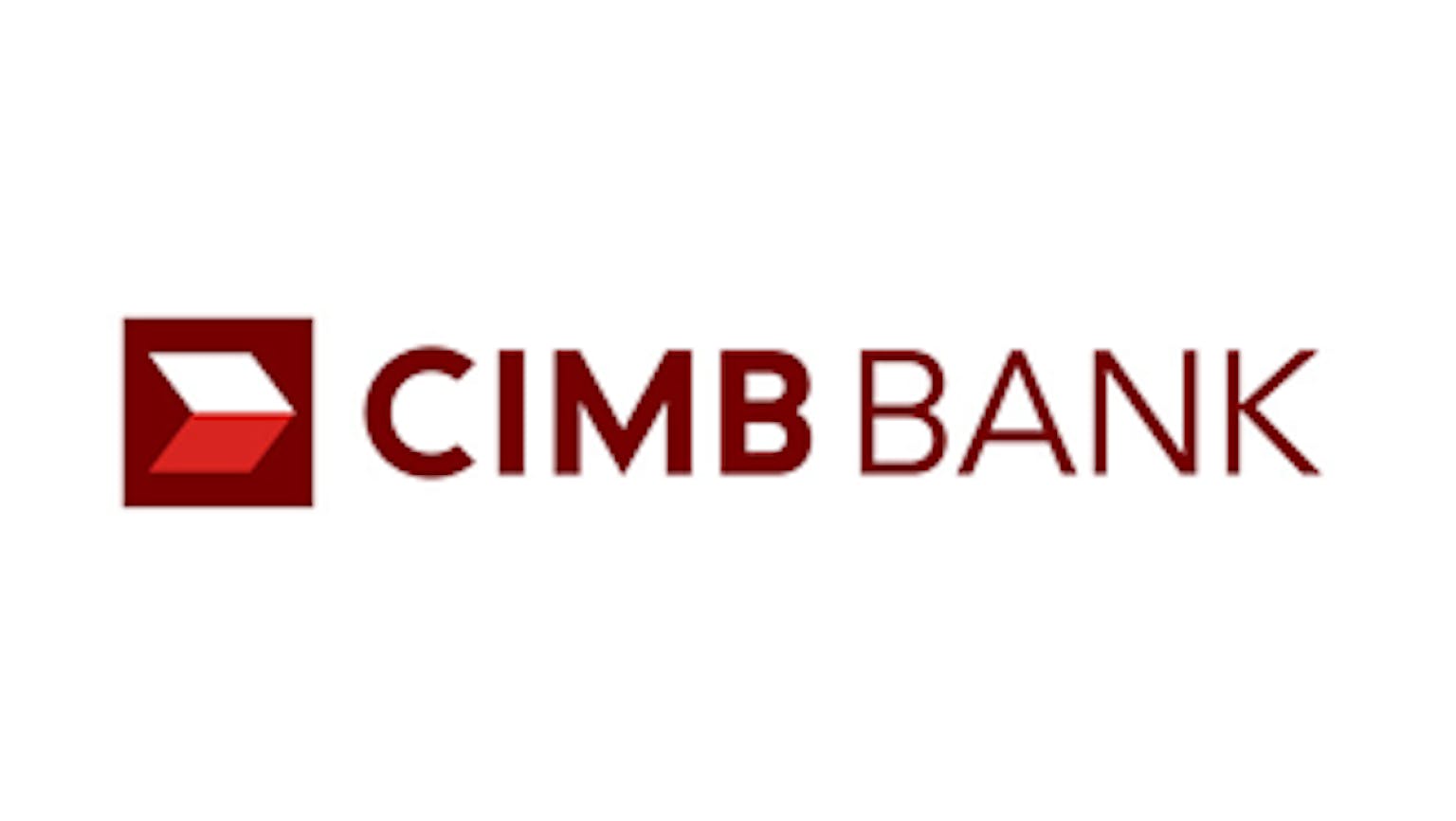

Please leave your knowledge and opinion!